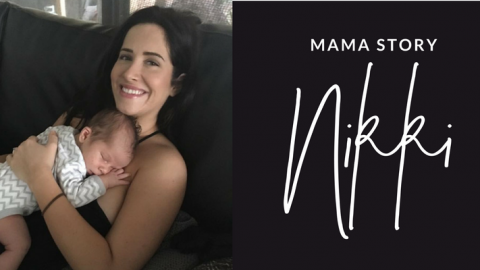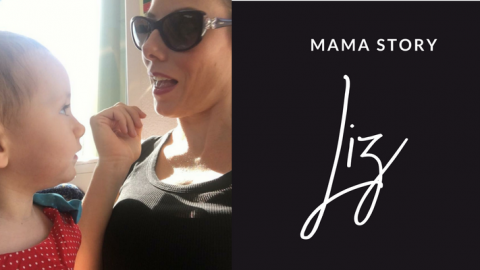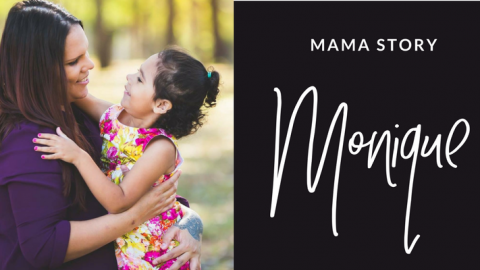Before having kids, we usually have a reasonable idea of what to expect from parenthood: Sleepless nights. Endless nappy changes. Leaking boobs. Never ending laundry.
But we don’t always expect having to manage relationships with people in our extended family.
If you’ve ever felt stressed out by well-meaning grandparents, aunts, uncles, or others who are keen to be involved with supporting your family, here are some tips to help manage their expectations – and preserve your boundaries, wellbeing, and your sanity!
How to manage expectations with your extended family after having a baby
Set boundaries (and set them early)
Work out how much involvement from extended family you’re comfortable with. Maybe you’d like help with meals or some housework, but don’t want support with childcare? Whatever your preferences, be firm but kind in setting these boundaries.
Communicate with kindness
Be open and honest about your needs, preferences, or concerns about your extended family members’ role in raising your child, and communicate these with kindness. Listen to their perspectives too, and find common ground if you can.
Appreciate cultural differences
In some cultures, the role of extended family in child-rearing is deeply ingrained, while others take a more nuclear family approach. If your family’s cultural traditions are different from your partner’s, discuss how you might find a balance that works for both of you and honours each other’s backgrounds.

Being firm but kind in setting boundaries can help foster healthy relationships with your extended family members.
Consider different perspectives
Every family member will have ideas and beliefs about raising kids, influenced by their childhood and their role as parents. You don’t have to adopt every suggestion, but considering these different perspectives can be helpful. Ask questions with an open mind, and perhaps be open to alternative approaches – provided they align with your parenting values.
Work with your partner on a united front
Before setting boundaries or communicating your needs with your extended family, make sure you and your partner are on the same page about the roles other family members may play in raising your children. This way, extended family members won’t receive mixed messages, and you can avoid additional stress or conflict.
Resolve conflicts respectfully
If or when disagreements or misunderstandings happen, address them promptly and respectfully. Listen to each other’s views without judgement, and seek compromises that work for everyone. Remember, your child will benefit from having a loving, supportive extended family network.
Have fun!
Boundaries are important for healthy relationships, but spending quality time and having fun together can work wonders to improve relationships and bonds with extended family members. Invite grandparents, aunts, uncles, and cousins to hang out with your baby or children and share the excitement. These moments can strengthen ties and create gorgeous memories for your extended family, for you and your partner, and your children too.
You can read more about relationships with extended family by vising the COPE website.










